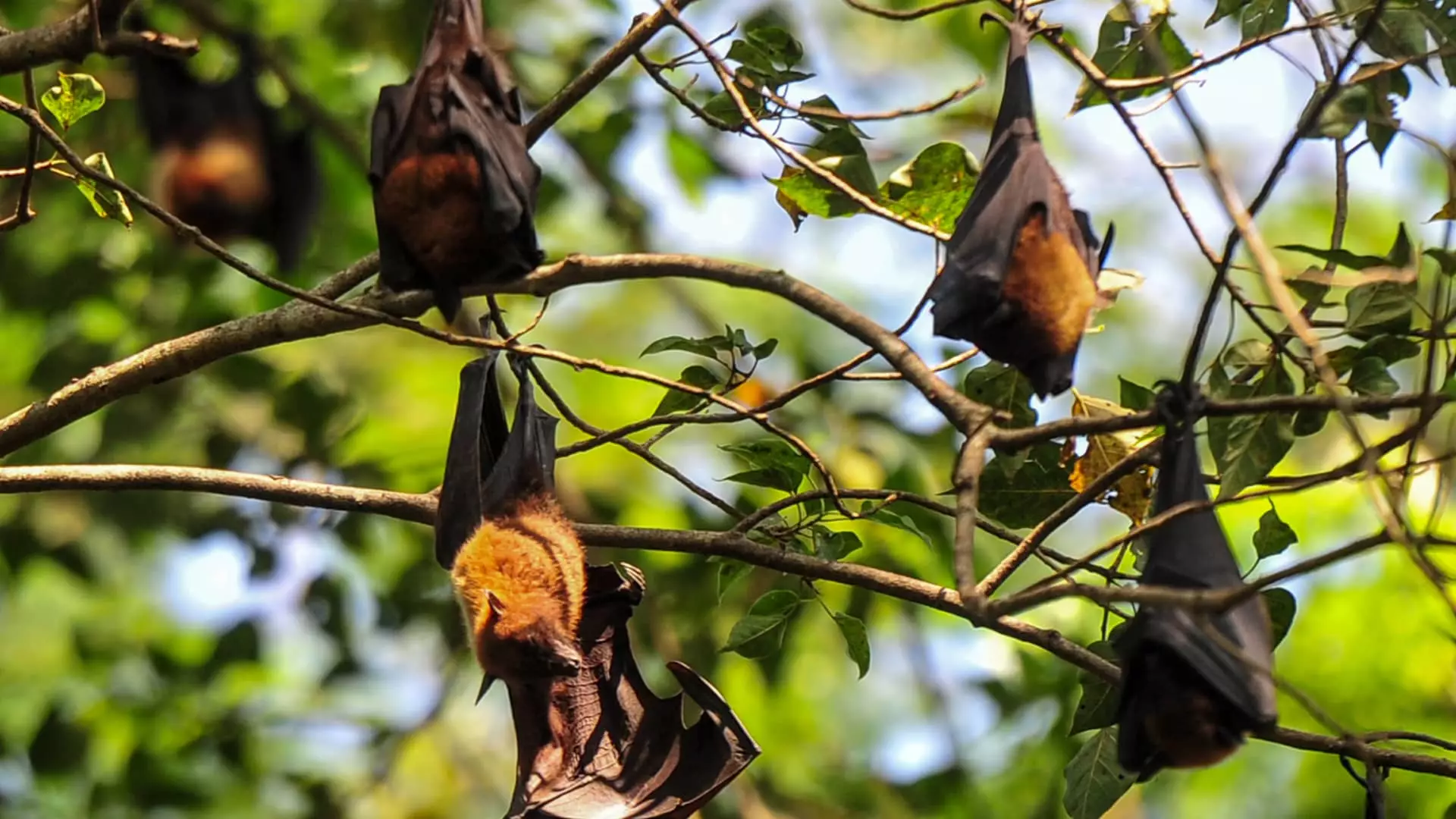Health authorities in Kerala are on high alert following the latest outbreak of the deadly Nipah virus. The recent death of a 14-year-old boy has triggered concerns about the potential spread of the virus. The state Health Minister, Veena George, has emphasized the need for precautionary measures such as wearing face masks in public areas to prevent further infections.
The Nipah virus, first identified in Malaysia 25 years ago, is known for its high fatality rate of up to 75%. The virus is transmitted to humans from animals such as fruit bats or pigs and can cause a lethal brain-swelling fever. Despite extensive research, there is currently no vaccine to prevent Nipah virus infection or specific treatment to cure it. The potential for the virus to spark a pandemic makes it a significant public health concern.
Dr. Roderico H. Ofrin, WHO Representative to India, has stated that the latest Nipah virus outbreak in Kerala poses a low risk of further transmission. The Kerala government has conducted active and extensive contact tracing to identify and test individuals who may have been in contact with the infected teenager. Ofrin highlighted the importance of immediate public health measures in containing the outbreak.
Recent reports have linked deforestation and rapid urbanization in Kerala to the emergence of Nipah virus outbreaks. The loss of natural habitats for fruit bats, the primary carriers of the virus, has increased the risk of human exposure. The National Centre for Disease Control in India, responsible for outbreak response, plays a crucial role in monitoring and managing infectious diseases like Nipah virus.
The recurring outbreaks of Nipah virus in Kerala underscore the need for proactive measures to prevent future incidents. Enhanced surveillance, public awareness campaigns, and research on vaccine development are essential components of a comprehensive strategy to combat the virus. Collaboration between health authorities, environmental experts, and local communities is key to addressing the complex challenges posed by emerging infectious diseases.
The Nipah virus remains a persistent threat to public health in Kerala and other regions. Timely detection, effective communication, and coordinated response efforts are essential to mitigating the impact of outbreaks. By prioritizing prevention and preparedness, communities can better protect themselves against the risks posed by deadly pathogens like the Nipah virus.



Leave a Reply